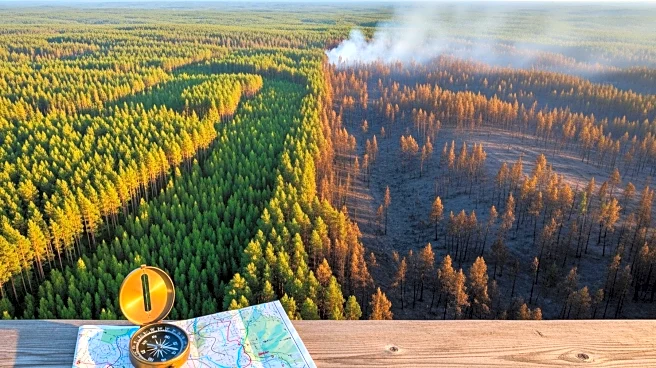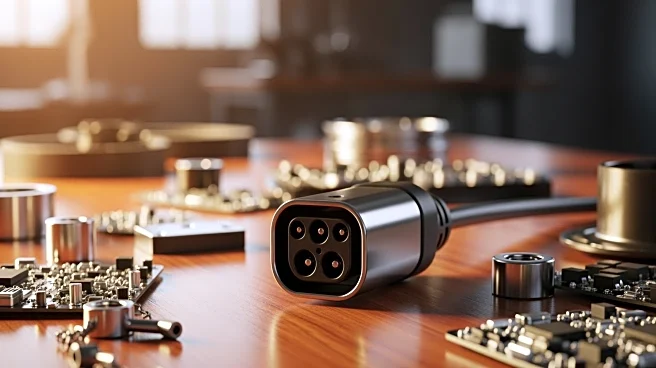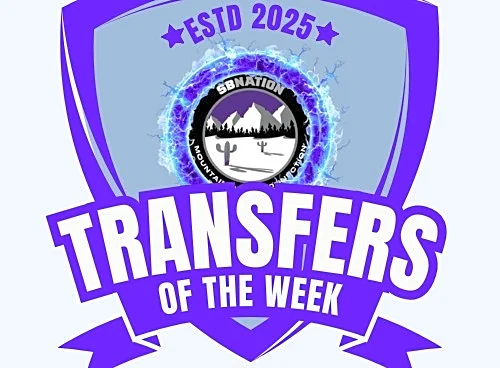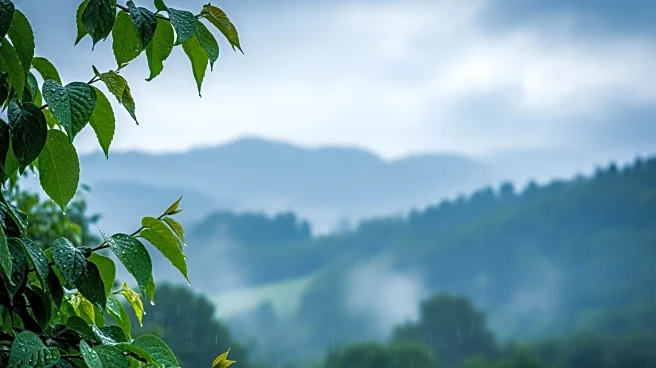What's Happening?
The United Nations Climate Change Conference (COP30) in Brazil is focusing on the increasing global risk of wildfires and potential responses. The conference includes discussions led by ministry experts, firefighters, and local leaders affected by record-breaking
wildfires in Brazil in 2024. These discussions aim to address the impact of these fires and recommend strategies for future mitigation. The Texas House State Affairs Committee has also been actively involved in addressing similar issues in the Texas Panhandle, where devastating wildfires occurred in early 2024. Republican Rep. Ken King is spearheading policy efforts to mitigate future fires in Texas, emphasizing the urgency of policy changes due to the increasing frequency and severity of wildfires and drought conditions.
Why It's Important?
The discussions at COP30 are crucial as they highlight the global nature of wildfire risks, which are exacerbated by climate change. The conference serves as a platform for international collaboration, allowing affected regions like Texas and Brazil to share experiences and strategies. The establishment of the Global Fire Management Hub by the Food and Agriculture Organization (FAO) underscores the need for coordinated efforts to manage wildfire risks. These initiatives are vital for developing effective policies and technical solutions that can be applied globally, benefiting communities vulnerable to wildfires and promoting sustainable environmental practices.
What's Next?
The ongoing collaboration between international bodies and local governments is expected to lead to the development of comprehensive wildfire management strategies. The FAO's Global Fire Management Hub will continue to play a pivotal role in researching and recommending solutions. Policymakers in Texas and Brazil are likely to implement new policies based on insights gained from the conference, aiming to reduce the impact of future wildfires. Continued communication and collaboration among affected regions will be essential in creating resilient communities capable of responding to and recovering from wildfire events.
Beyond the Headlines
The COP30 conference highlights the interconnectedness of global environmental challenges, emphasizing the need for cross-cultural understanding and cooperation. The shared experiences of regions like Texas and Brazil demonstrate the universal nature of wildfire risks, prompting a shift from isolated problem-solving to collaborative efforts. This approach not only addresses immediate threats but also fosters long-term resilience and adaptation strategies. The involvement of interfaith groups like Texas Impact further illustrates the role of community engagement in shaping public policy and advocating for justice in environmental issues.

















